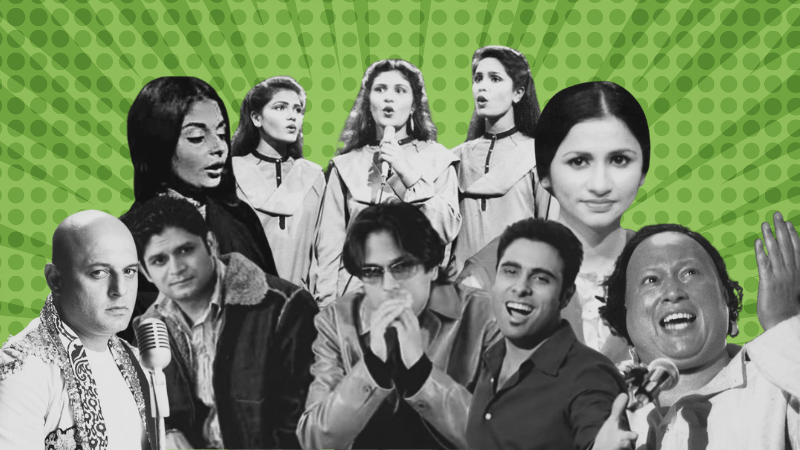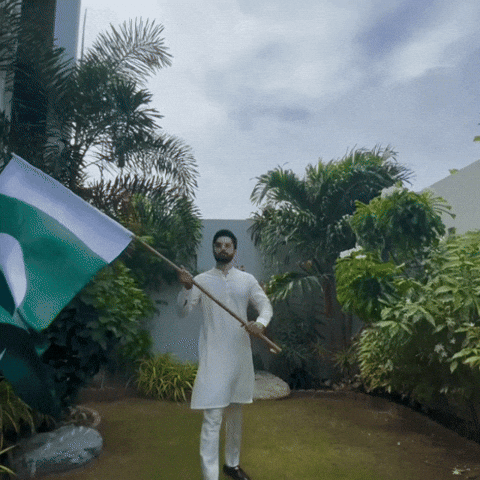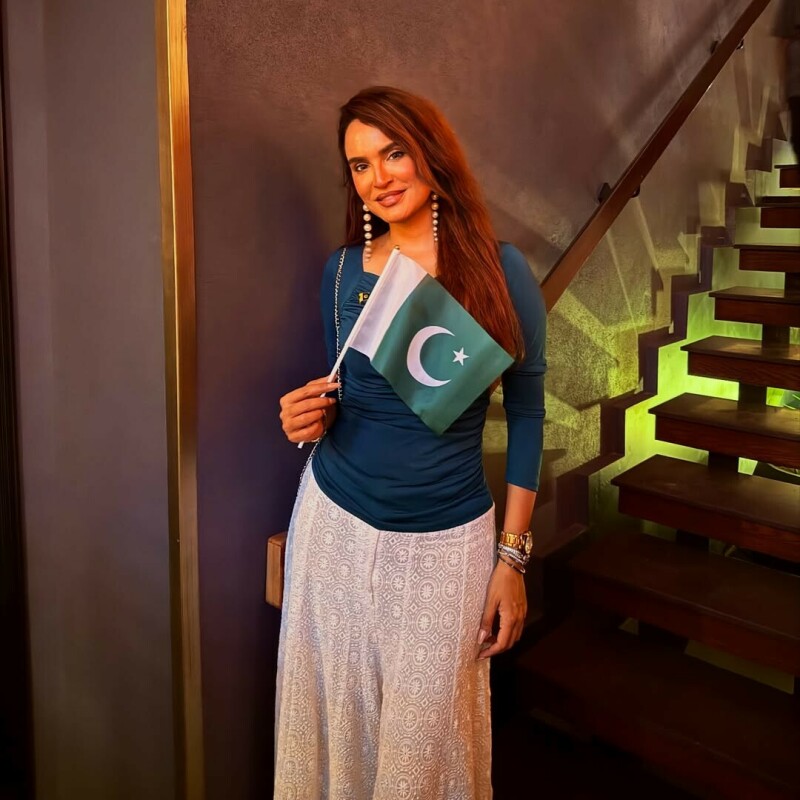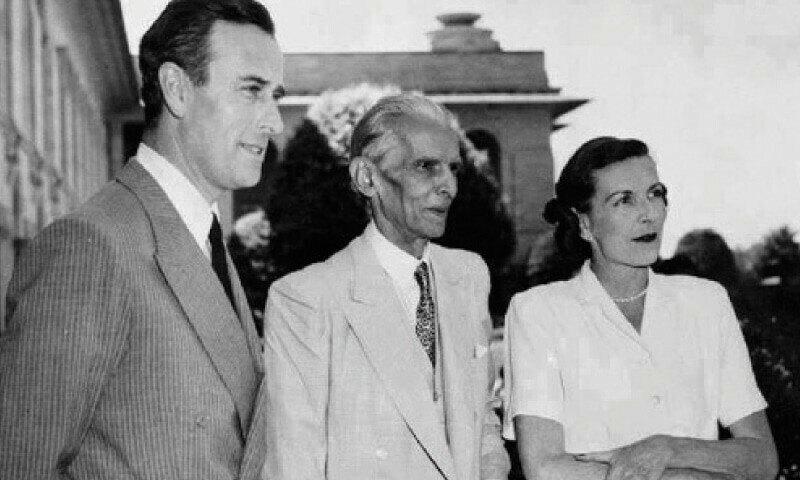Lahore celebrates Banned Books Week with readings of Rais Amrohvi, Ahmed Faraz and J K Rowling
Banned Books Week, which was celebrated around the world from Sept 24 to 30, was observed here in Lahore by Olomopolo.
Writer and translator Raza Naeem, who conceptualised Banned Books Week in Pakistan in 2014 and is also curator of the event in Lahore, explained that the origins of the event went back to the 1980s when First Amendment advocates in Ronald Reagan’s America were worried about erosion of freedom of speech and first emphasised the need to highlight banned books.
He added that the Muslim world had a tradition of banned literature, which the Indian subcontinent did too. The short story collection Angaray was banned in 1936. Following Partition, writers such as Saadat Hasan Manto and Ismat Chughtai were banned in both Pakistan and India.
He read out two poems by poet and freethinker Rais Amrohvi, who was the elder brother of Jaun Elia and whose 29th death anniversary was observed on Sept 22. The first poem he recited was ‘Jashn-i-Islami’, written in the context of Zulfikar Ali Bhutto’s ban of alcohol.
Vicky Zhuang read out an excerpt from George Orwell’s book 1984, which she said had been banned in Jackson, US, for supporting communism. But ironically, it had also been banned in the Communist world for being critical of the social theory.
Fatima Sheikh read out from Lady Chatterley’s Lover by D.H. Lawrence. Her excerpt focused on a dialogue between Clifford and Constance Chatterley.
Yusra Amjad read an excerpt from Harry Potter and the Half-Blood Prince. She said Harry Potter novels had been banned in many Christian right-wing states and a campaign of book-burning was initiated against writer J.K. Rowling because of the novel’s association with witchcraft.
Mashal Khan read out a poem, ‘Songs of Myself’, from Walt Whitman’s Leaves of Grass. She further elaborated that the sexual part of the book because of which it was banned was minor and not central to the long and beautiful poem.
Naeem read out an excerpt from renowned intellectual Sibte Hasan’s work Naveed-i-Fikr, which he said was banned during the military dictatorship of Gen Ziaul Haq. He said it was courageous work and continued the quest for knowledge from where Allama Iqbal had left in his own work Reconstruction of Religious Thought in Islam.
Haroon Rafique read out Ahmad Faraz’s celebrated poem ‘Muhaasra’ because of which the reader said Faraz was arrested. He said it was written during the time of Zia’s dictatorship when the writer wanted to gather all writers on one platform. This poem was Faraz’s response to Zia.
Naeem concluded the event with a reading of Rais Amrohvi’s poem ‘Urdu ka Janaza He, Zara Dhoom se Nikley’, which he said was written as a response to Zulfikar Ali Bhutto’s Sindhi Language Bill 1973 making Sindhi a compulsory language in the province. The poem was published as a banner headline in a leading Urdu newspaper and was banned.
Originally published in Dawn, October 1st, 2017











Comments